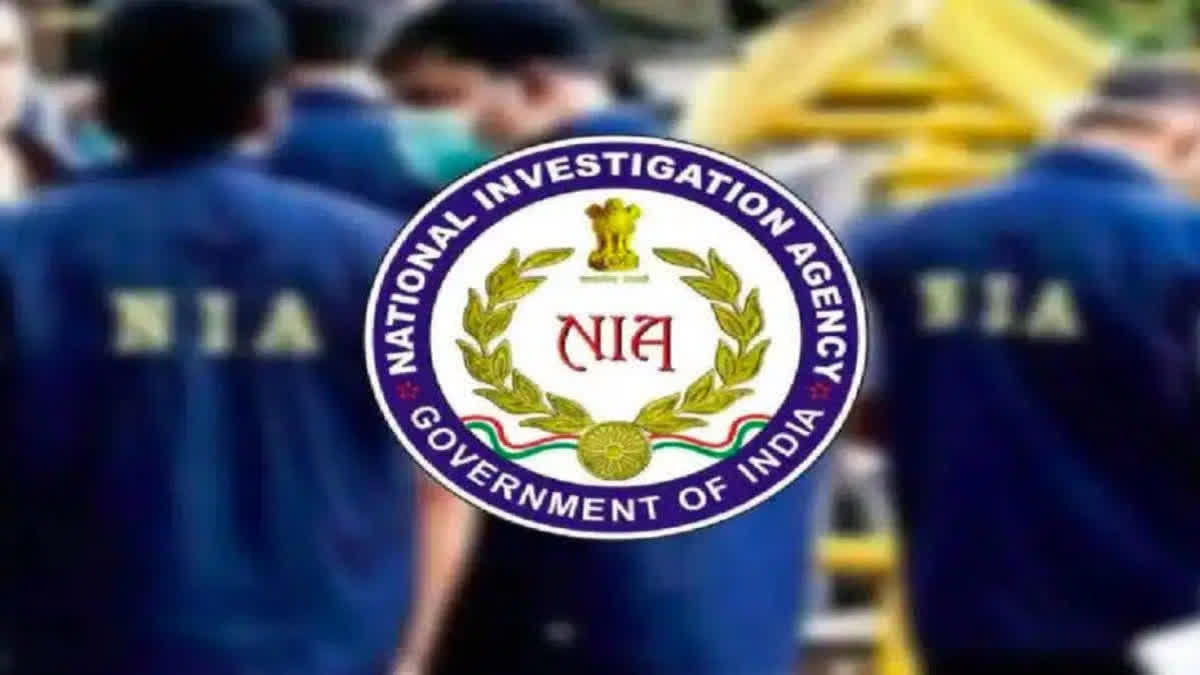New Delhi: The Pakistan-backed terror organisations were activating their sleeper cells in different states across the country with an aim to carry out subversive activities, the National Investigation Agency (NIA) said. A senior official from India's anti-terror probe agency told ETV Bharat on Monday, "Several terrorist organisations have been attempting to revive sleeper cells in major towns and cities in Uttar Pradesh, Gujarat and Bihar. We have already alerted the law enforcing agencies in the states concerned about this development."
The agency has identified terror groups such as Lashkar-e-Toiba (LeT), Jaish-e-Muhammad (JeM) and others, which were activating sleeper cells with the help of local collaborators. They were planning to carry out attacks in urban areas and highly crowded public places. The revelations involving the sleeper cells surfaced following NIA's investigation into the Pakistan-backed Ghazwa-e-Hind module case. The NIA investigation further stated that with the help of Ghazwa-e-Hind, terrorists were trying to radicalise gullible Indian, Pakistani, Bangladeshi and Yemeni youths and recruit them as sleeper cells.
"The arrested accused Marghoob Ahmad Danish of Patna was a member of the Ghazwa-e-Hind, which was run by Pakistan-backed operatives," the official said. A sleeper cell is a group of operatives, spies or terrorists, living in a dormant state or maintaining secrecy and waiting for instructions or an opportunity to act.
"Going by the recent terror strikes in the country, indications were that the future attacks will originate from across the border, but with the local help or support," the NIA official said. Many Pakistan-supported terrorist groups such as LeT, JeM and others were busy activating sleeper cells taking the help of local collaborators. On the other hand, Indian security establishments were taking strong action to avert subversive activities.
The advantage that sleeper cells hold is the element of surprise. "Usually, attack by sleeper cells takes place in urban areas and highly crowded places. It also prevents any kind of indiscriminate counter-terrorist operations by the state that could maximise collateral damage," the official said.
In urban areas, it is easier for sleeper cells to blend with the inhabitants, the official said. Intelligence reports suggested that the network of Pakistani sleeper cells and dormant associates of terrorists were also spreading its tentacles across Punjab. Earlier, during the Punjab insurgency, there were ample examples of such modules with some having direct links with ISI while many were run by Pak-based pro-Khalistan elements at the behest of ISI.
Also read: Salaya port heroin seizure case: NIA files 6th supplementary chargesheet against 4 accused



